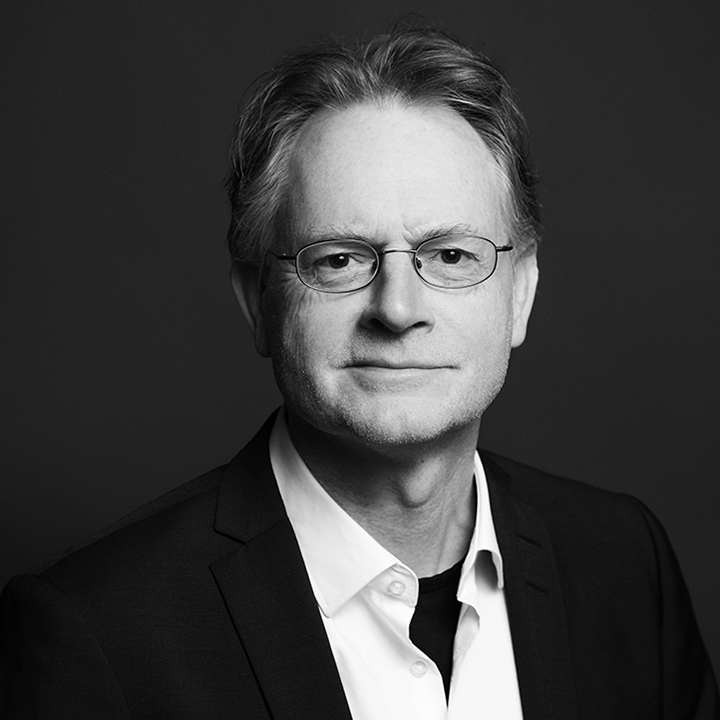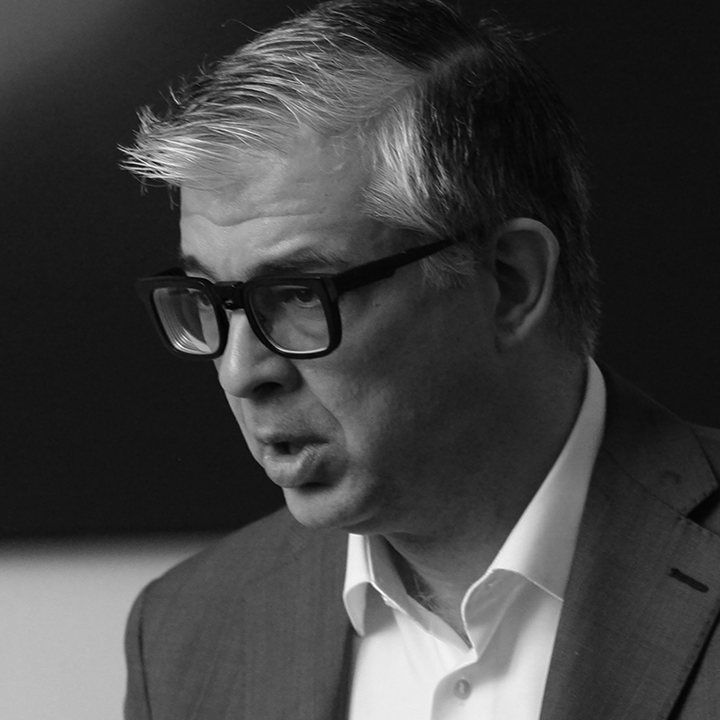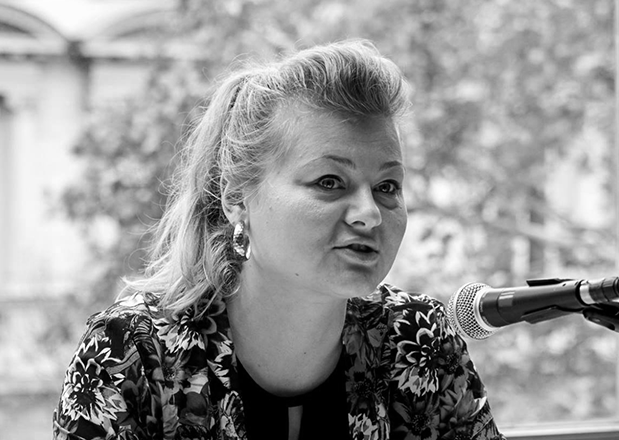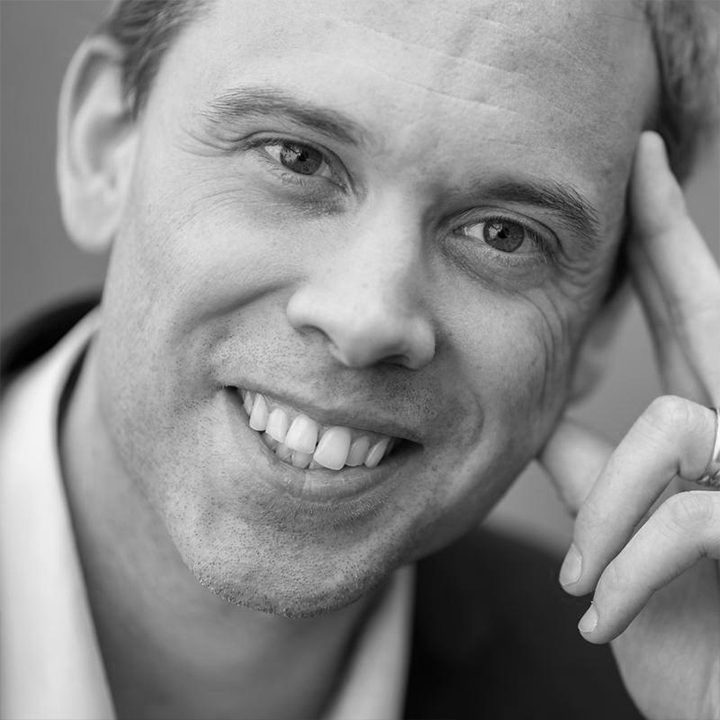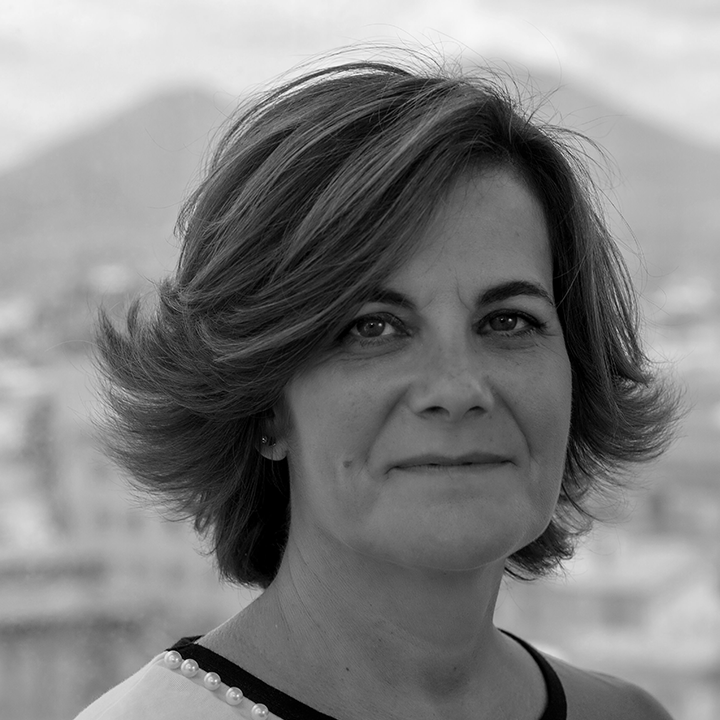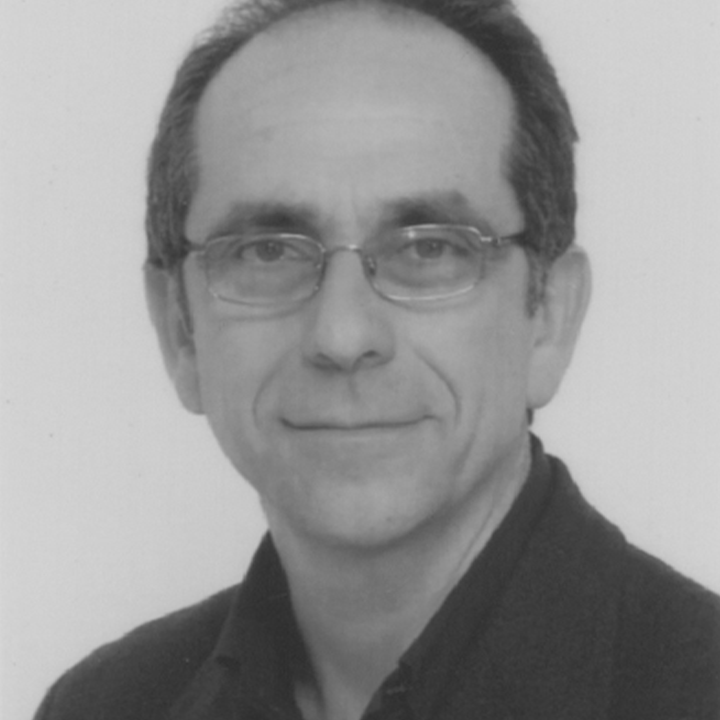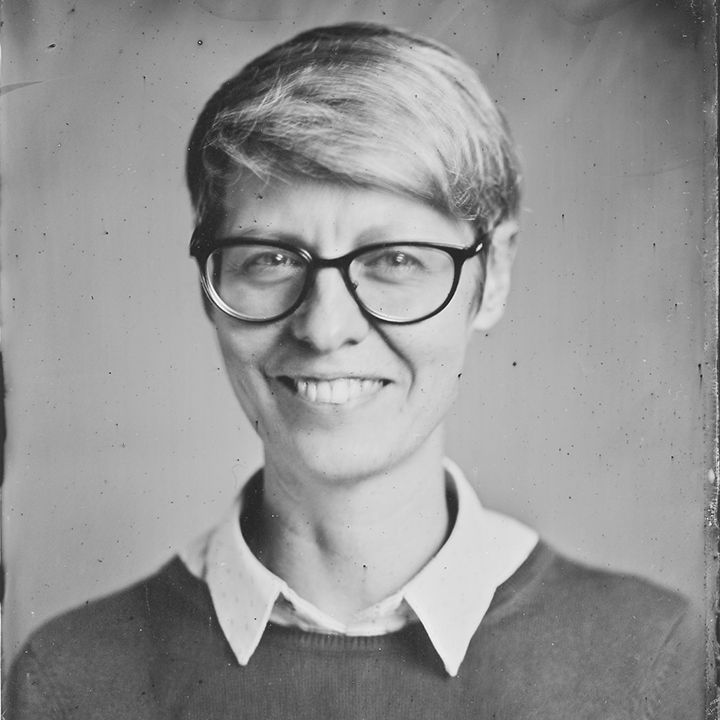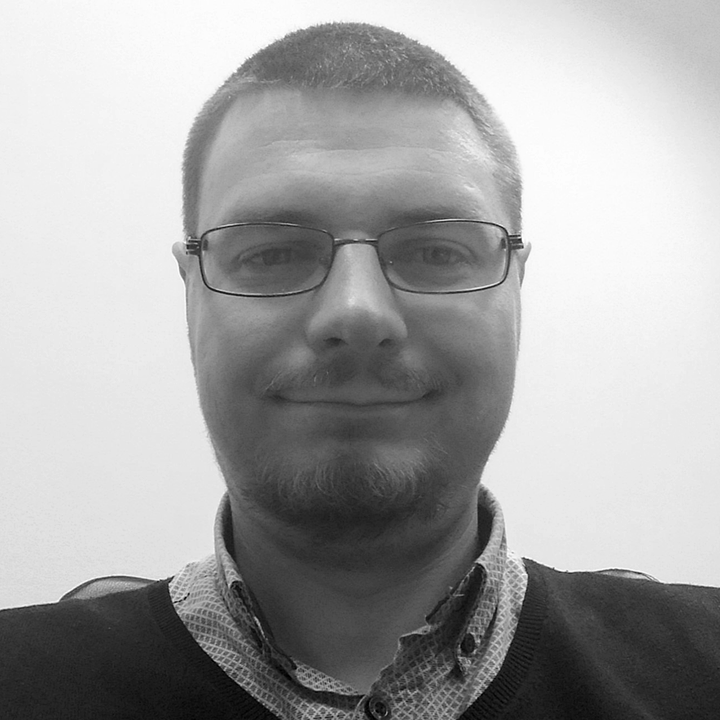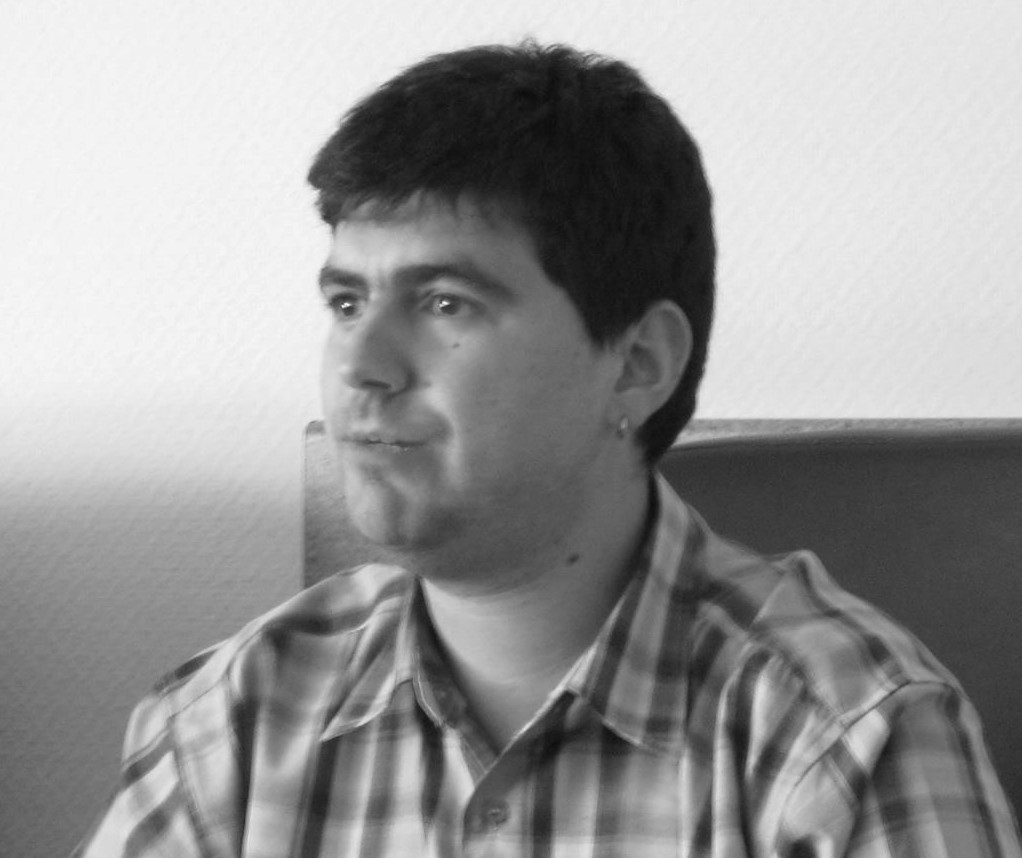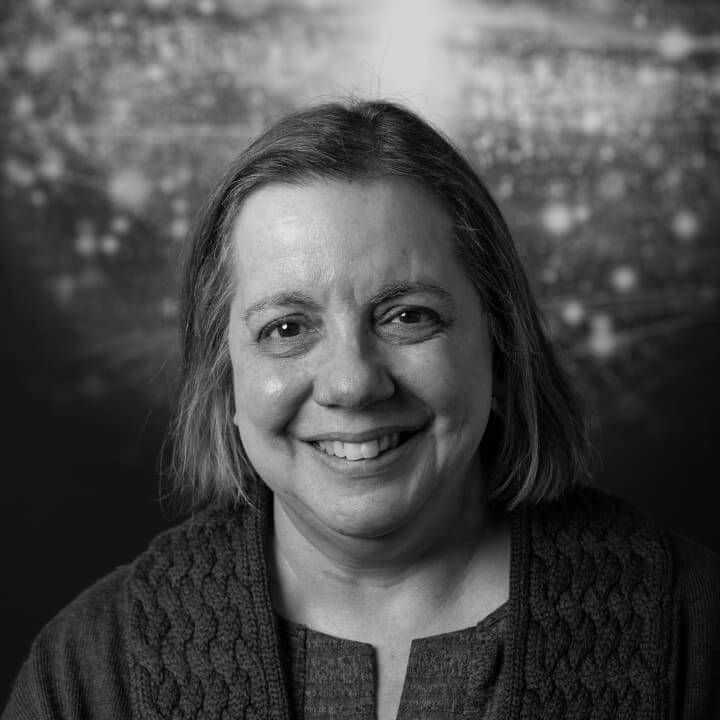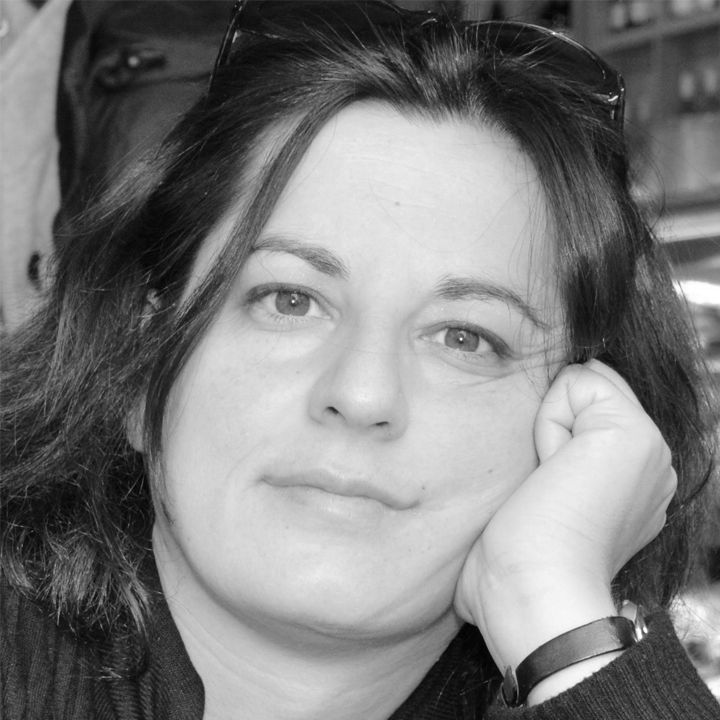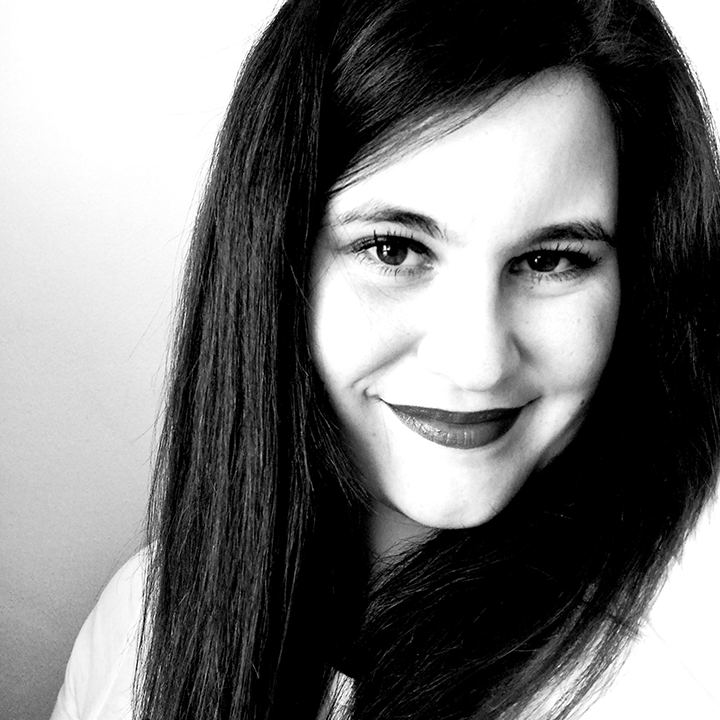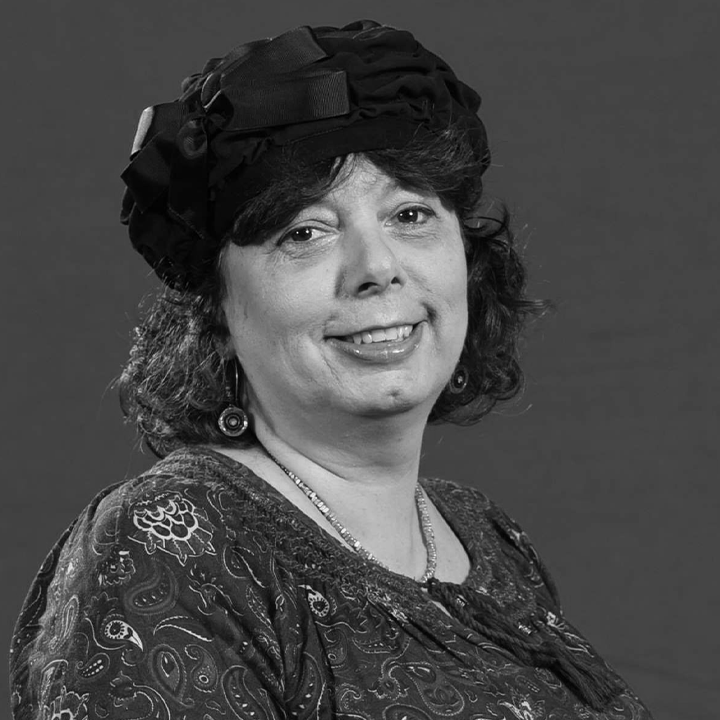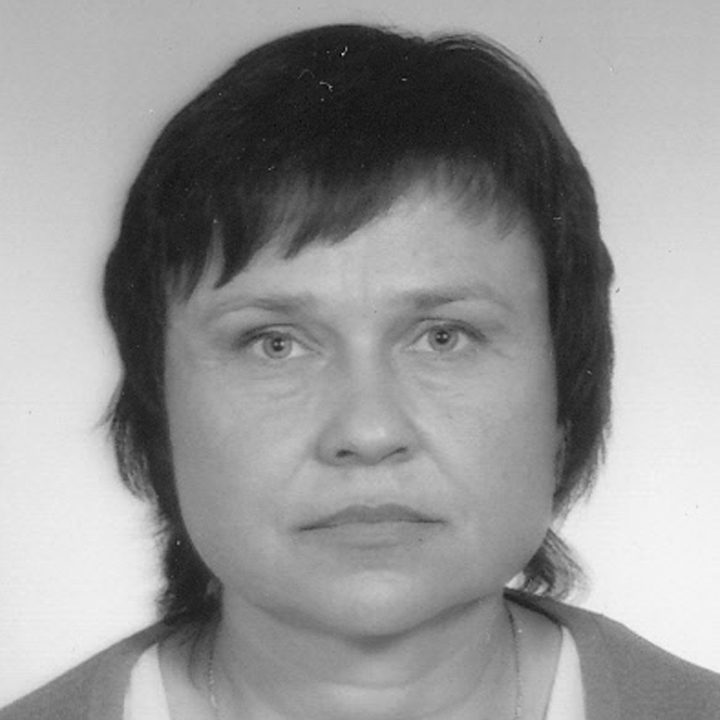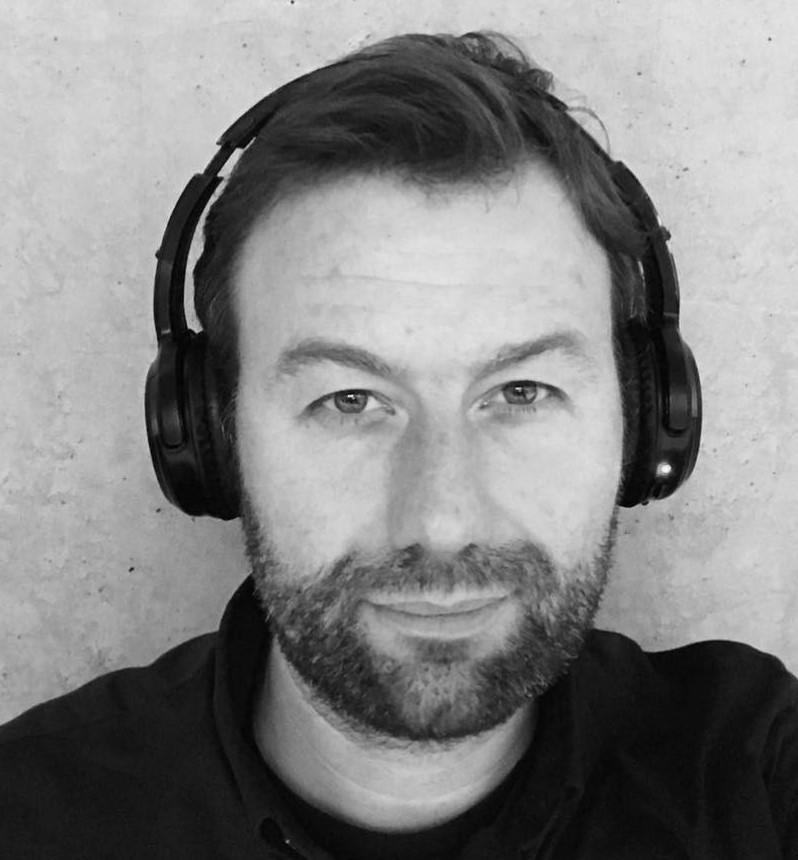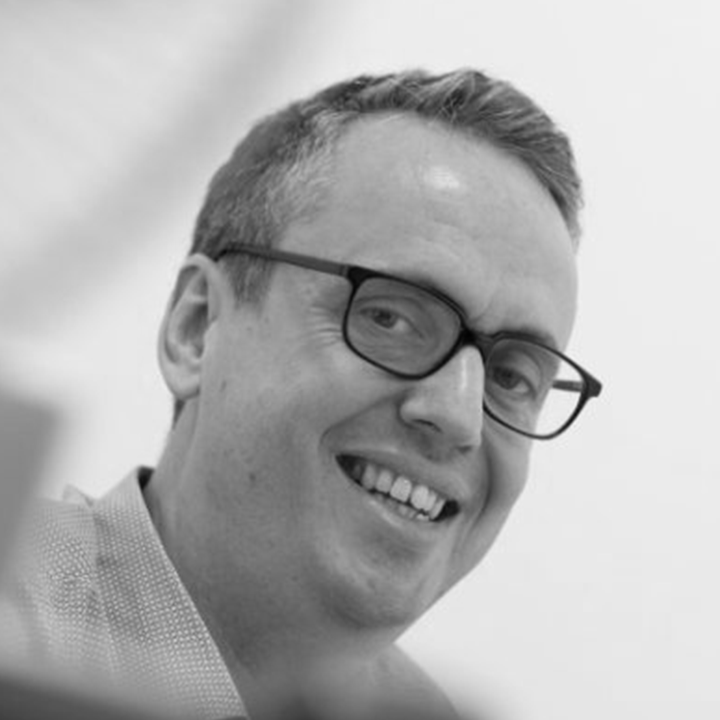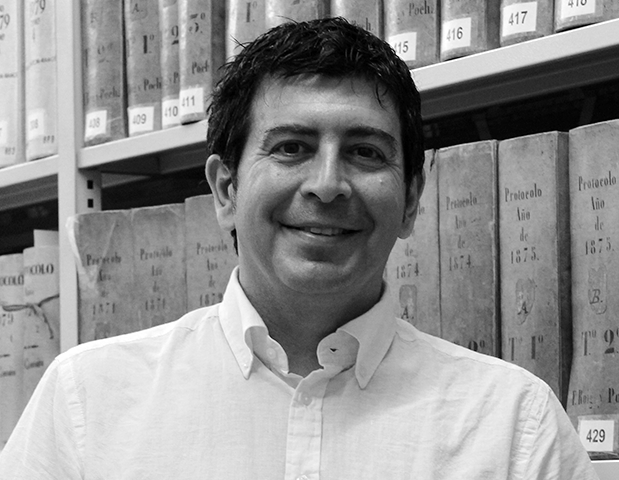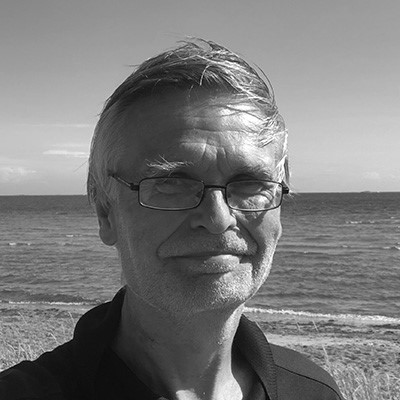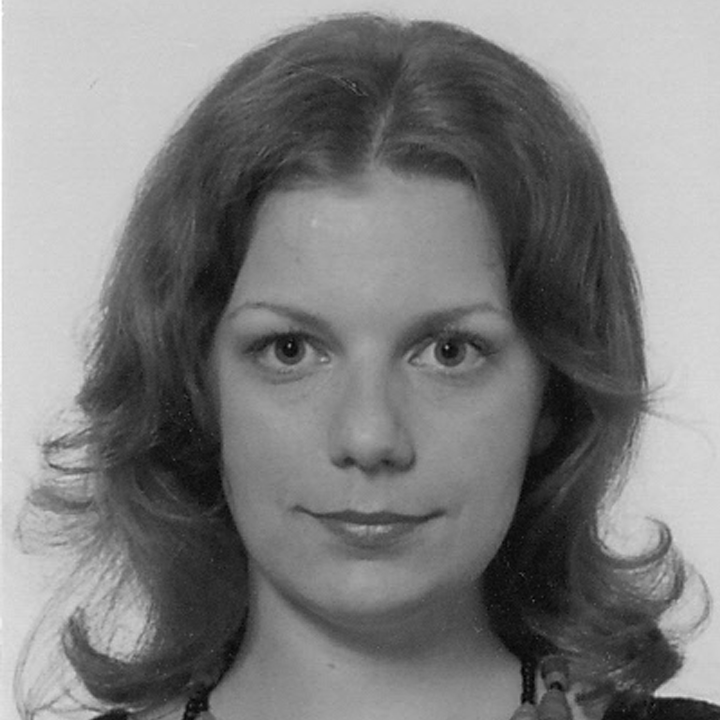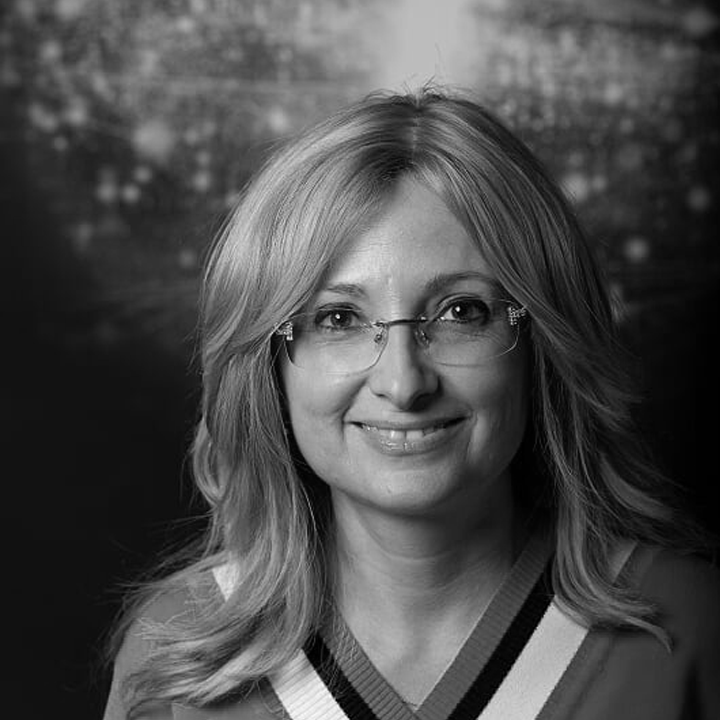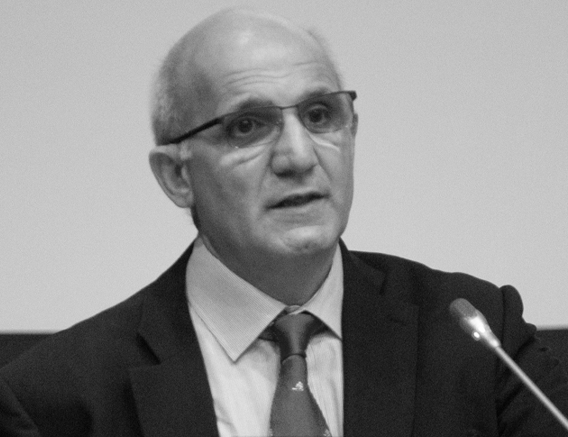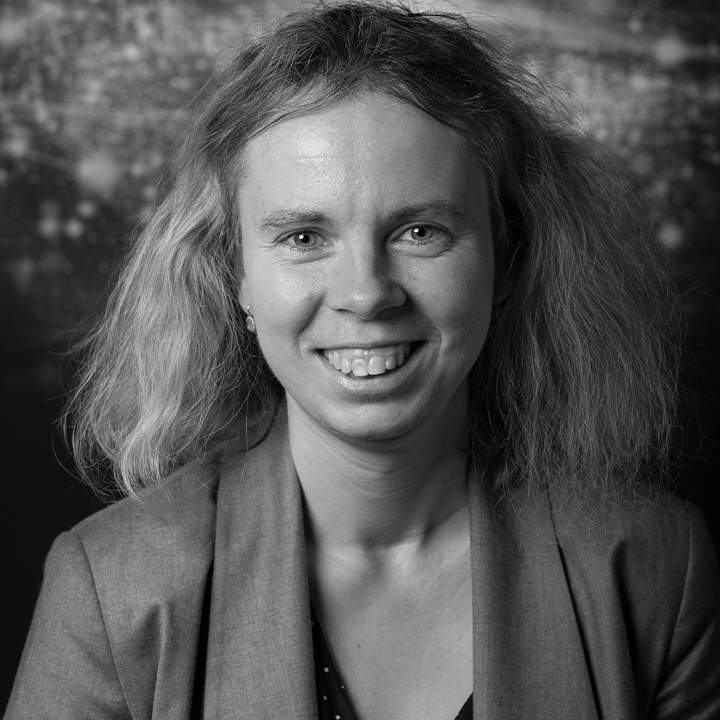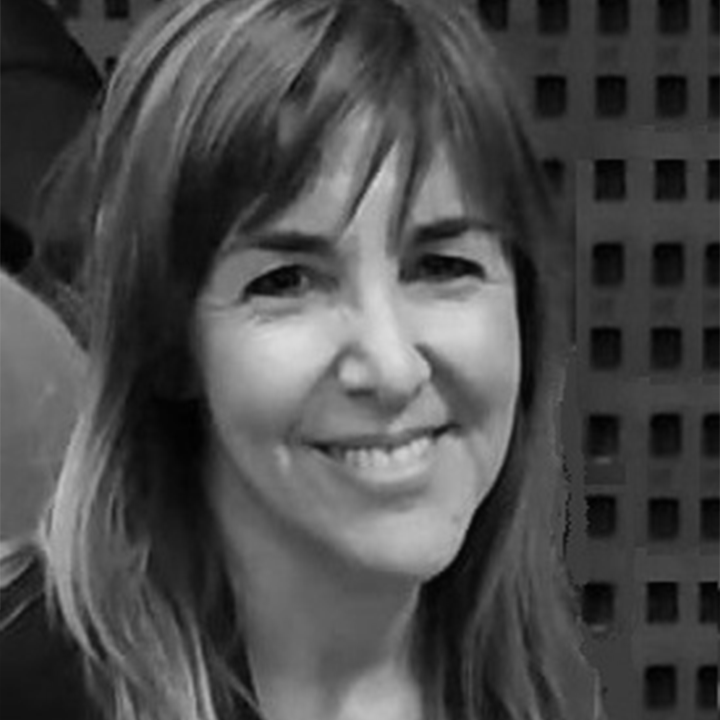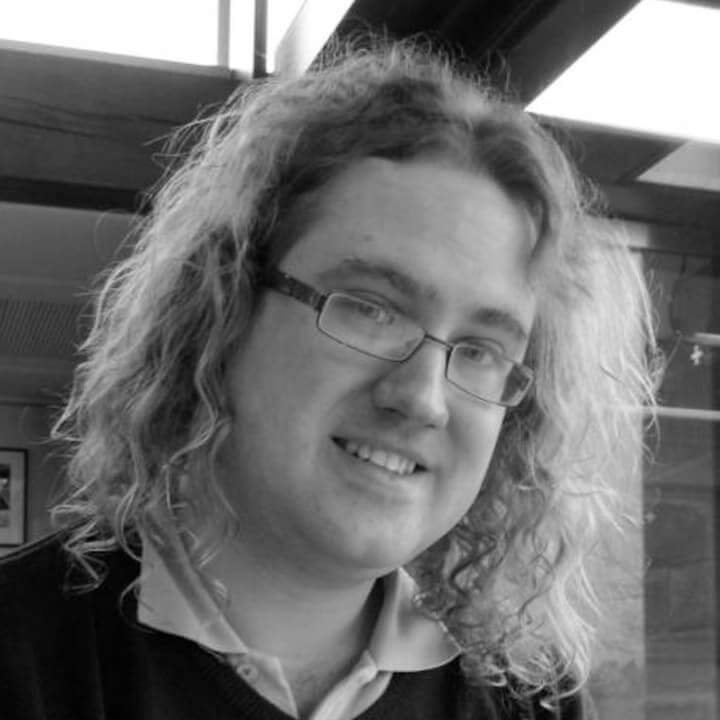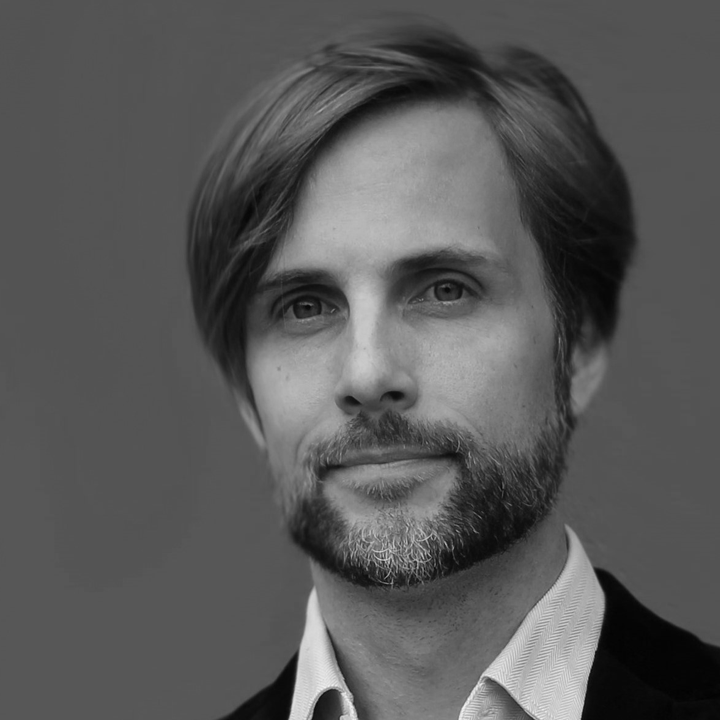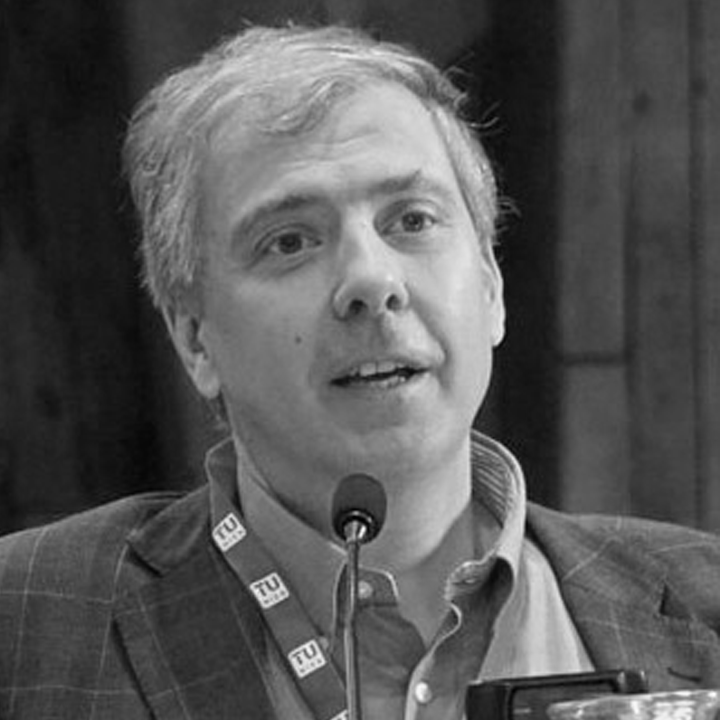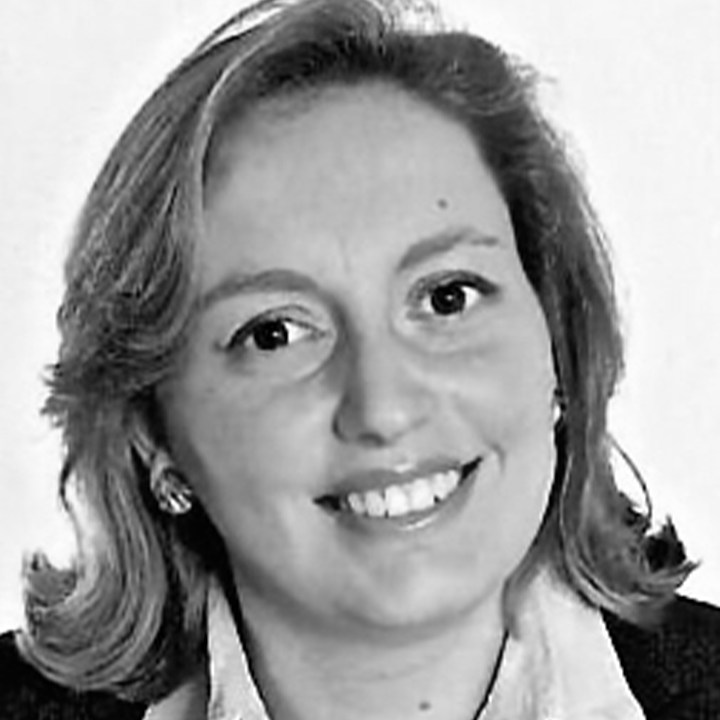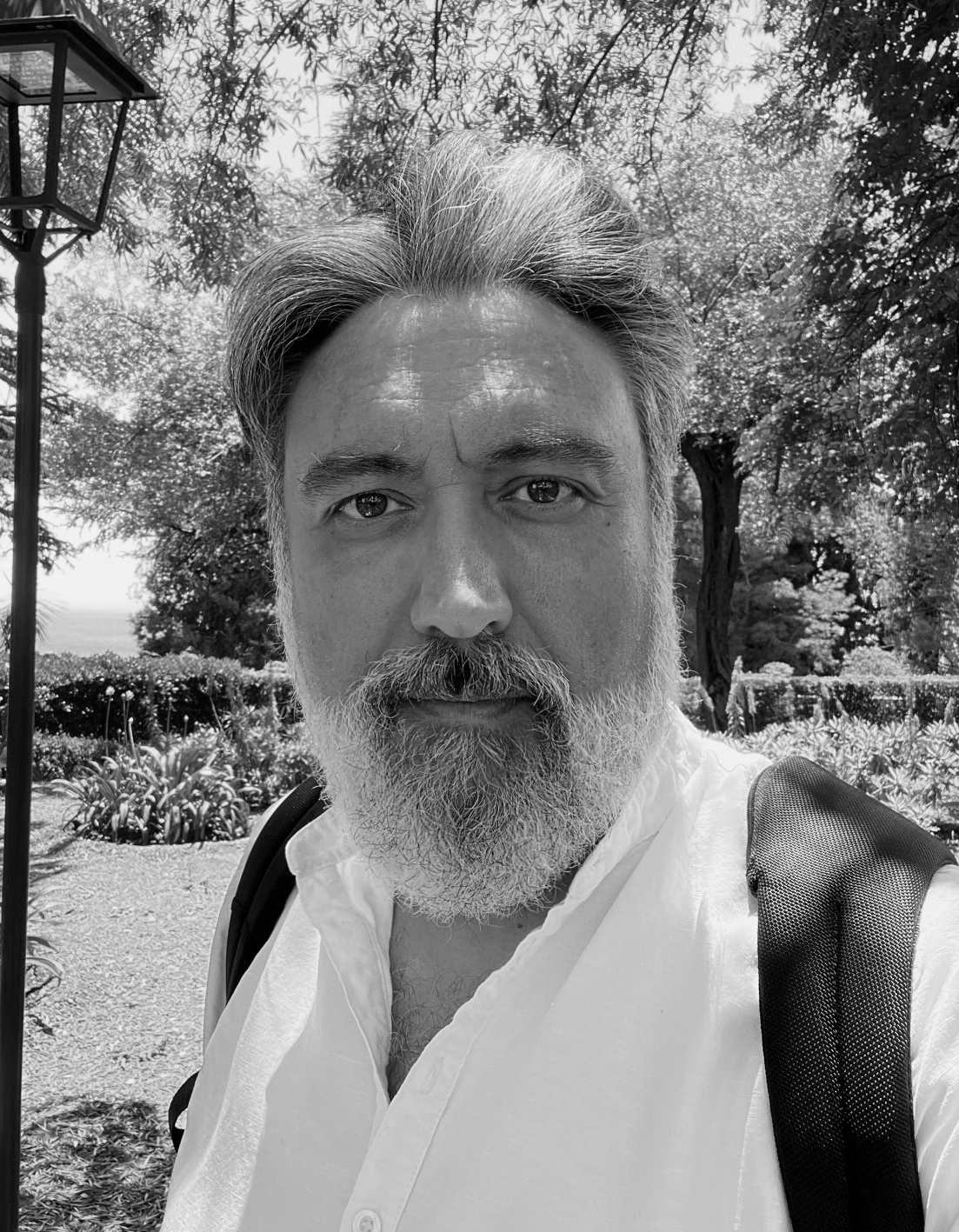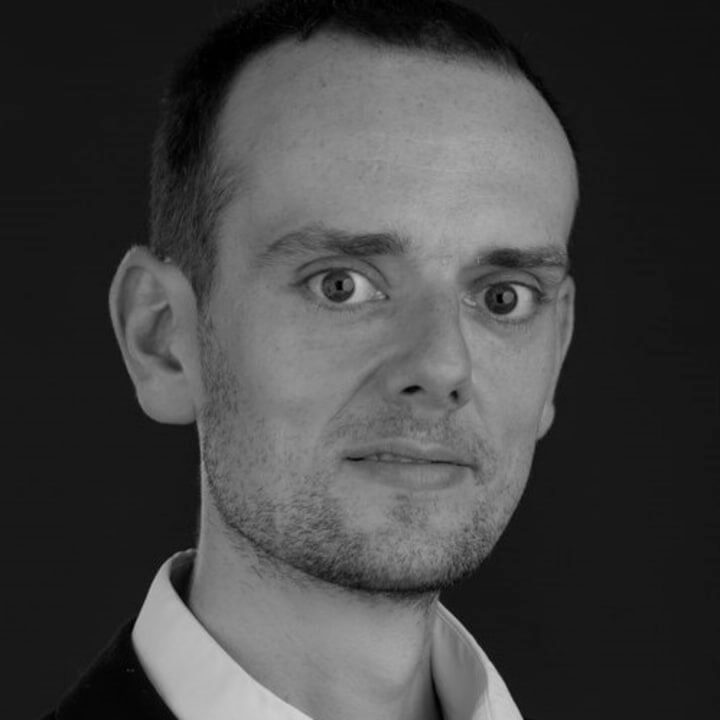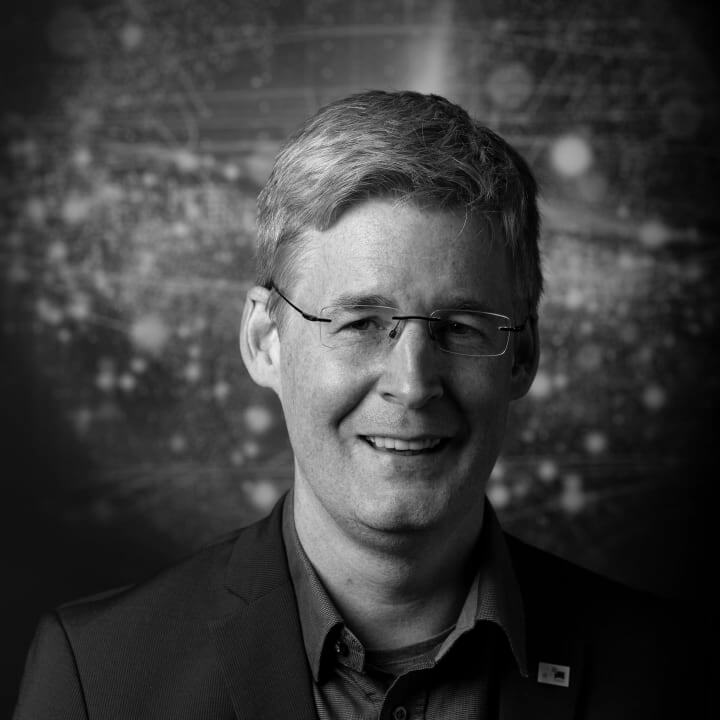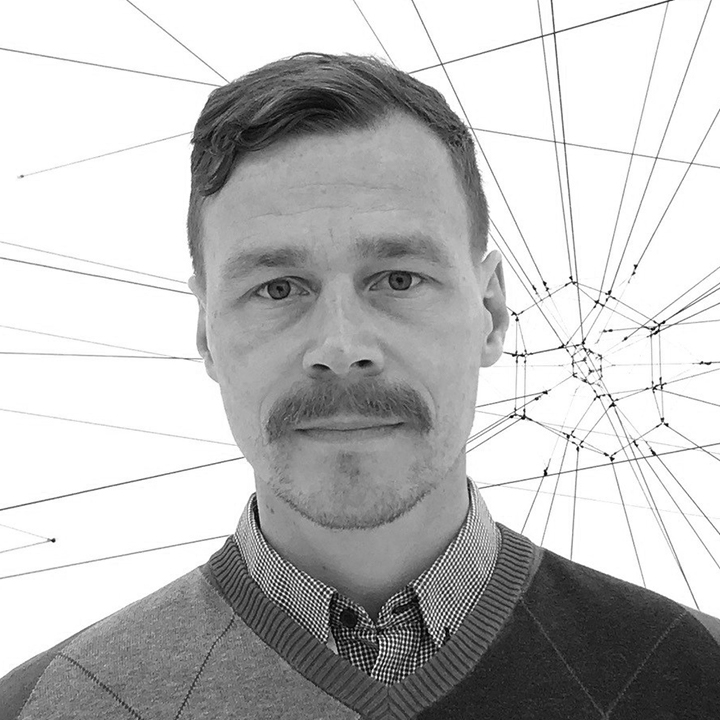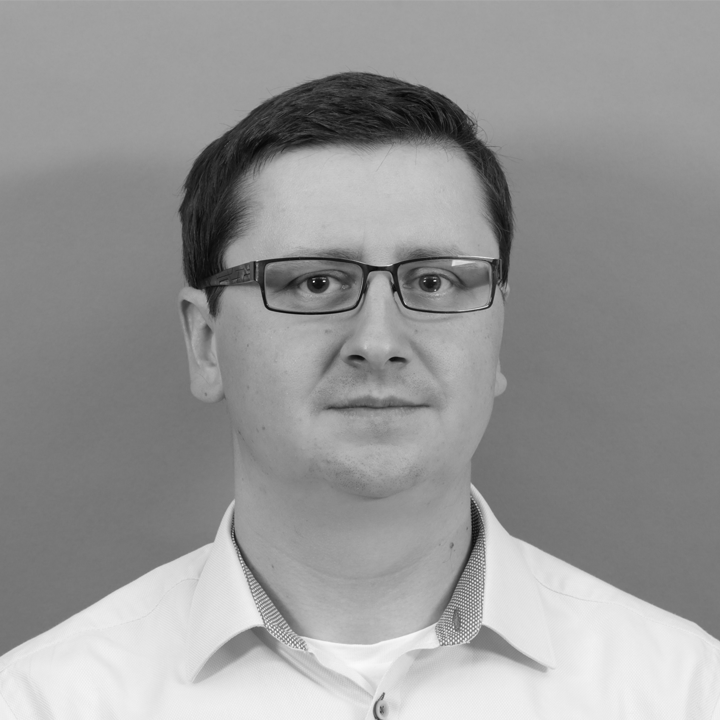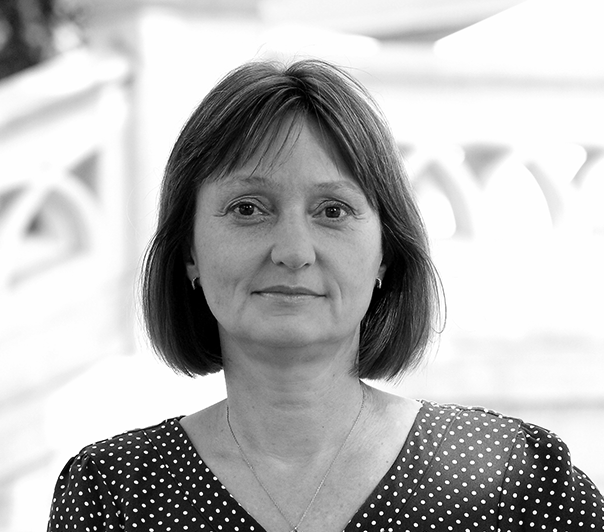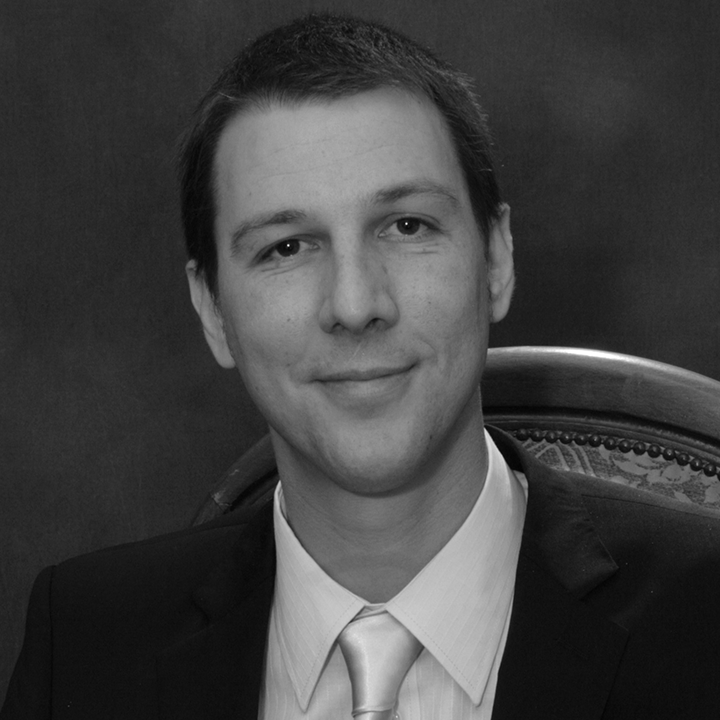Deputy Director at University of Belgrade Library and Docent at the Faculty of Applied Management, Economics and Finance Belgrade
Deputy Director of the Department of Maps, Plans and Photographs, Budapest City Archives (BCA)
Head of State Archives of the canton of Valais
Associated professor in Palaeography and Diplomatics at the Dipartimento di Studi Umanistici of the University of Naples Federico II
Researcher in Applied Botany at the University of Napoli “Federico II”
Head of communications and foreign affairs at the National Archives of Estonia
Senior specialist at The Office of Chief Archivist of Lithuania
Department of Classics Faculty of Classical and Modern Languages St. Kliment Ohridski University of Sofia
President of the Library System at the Università Ca’ Foscari
Assistant Professor at the Department of Theatre Studies, School of Fine Arts, University of the Peloponnese
Librarian of the Benedictine monastery library in Broumov
Senior lecturer in the Department of Information Science at Bar-Ilan University
Head of the 1st department of the National Archives in Prague
Head of Research and Heritage Services at the Netherlands Institute for Sound and Vision
Managing Director at Digirati
Director of the Computer Vision Center and Computer Science professor at Universitat Autònoma de Barcelona
Director of Music Archive Finland
Archivist at the National Archives in Prague
Information Science Department at the Bar-Ilan University
Director of UNESCO Chair on Digital Cultural Heritage at the Cyprus University of Technology
Head of Department of Auxiliary Historical Sciences and Archive Studies at the Philosophical Faculty, University of Hradec Králové
Director of the IRCVM (Institute of Research in Medieval Literature)
Research Professor at the University of Antwerp
Senior Lecturer and vice-director of the Data Science Institute (DSI) at NUI Galway
Professor for Art History and Digital Humanities at the Philipps University Marburg
Profesor for Computer Vision and Head of Institute of Visual Computing & Human Centered Technology at TU Wien
Associated Professor in Medieval History at the Dipartimento di Studi Umanistici of the University of Naples Federico II
Research Fellow at the University of Catania
Junior professor for Digital Humanities (images/objects) at the Friedrich Schiller University Jena
Secretary General of ICARUS and independent consultant
Post-doc at the Chair of History of Architecture and Urban Planning at Delft University of Technology
Head of Department at Poznan Supercomputing and Networking Center
Research director at IGN and the University Gustave Eiffel
Head of Archival Office at the University of Zagreb
Docent at the Faculty of Philosophy of the University of Belgrade, Chair in History in the Early Middle Ages and Auxiliary Historical Sciences
